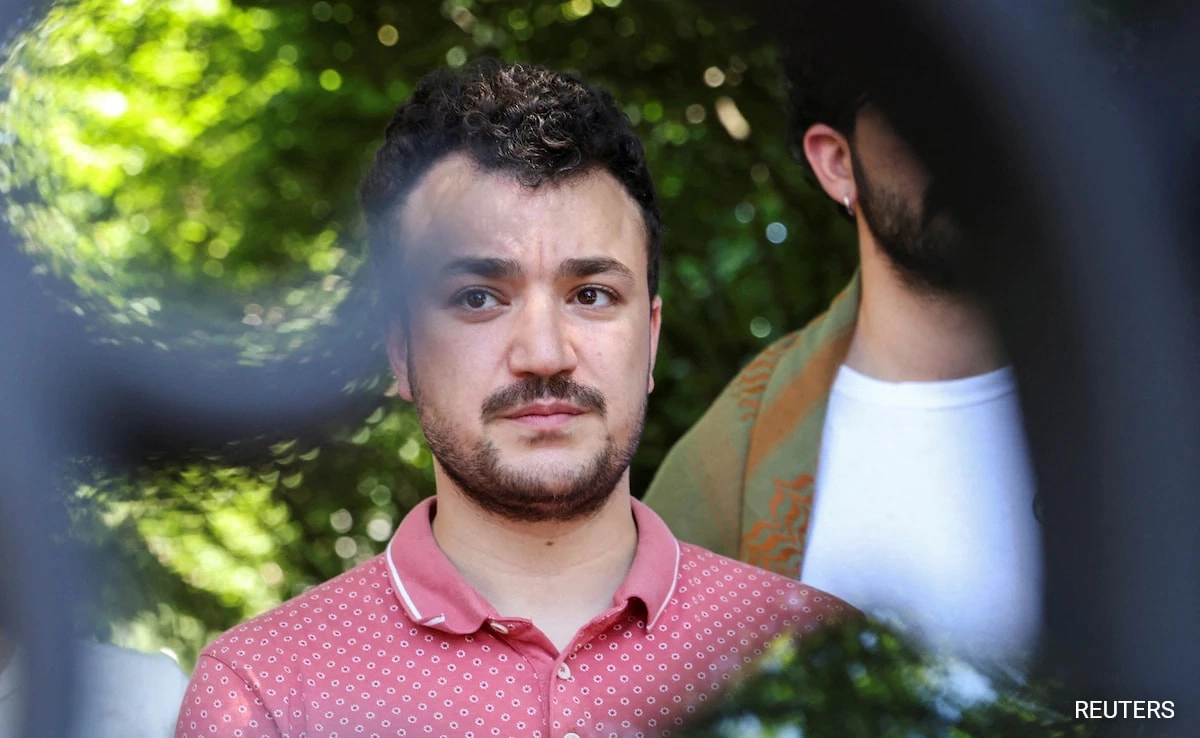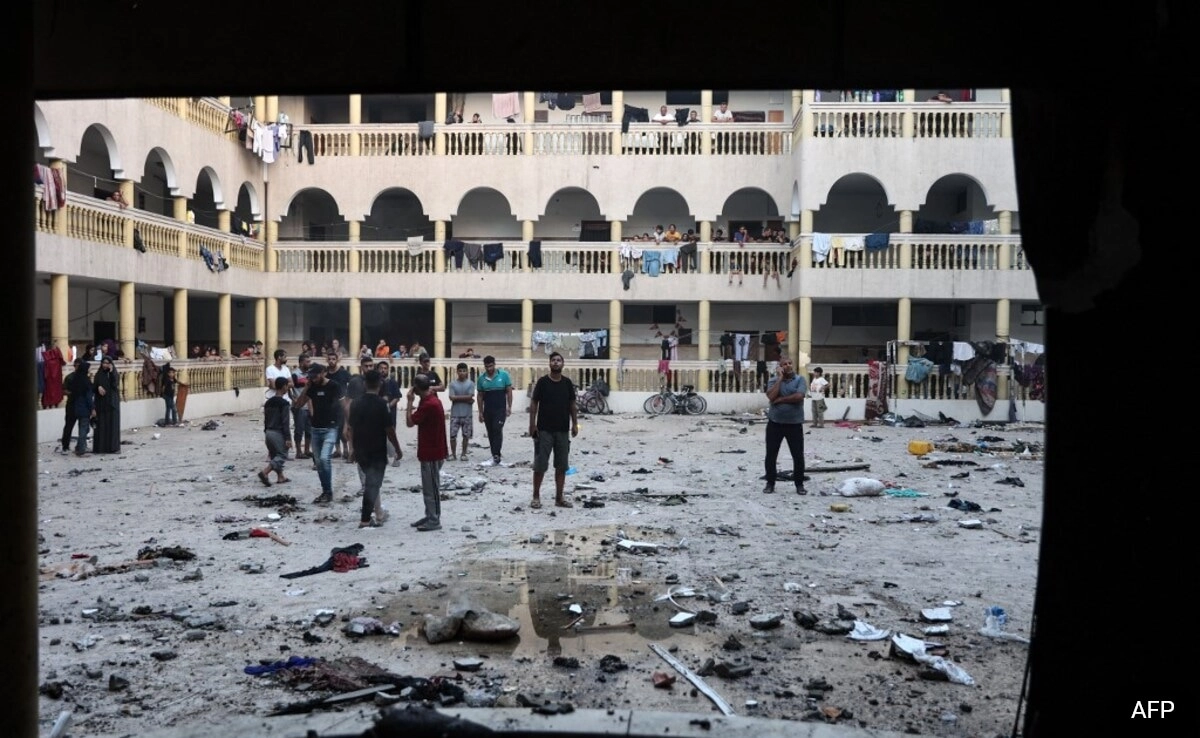A U.S. court has ordered the release of Mahmoud Khalil, a pro-Palestinian activist who had been detained under controversial circumstances. Khalil’s case has attracted significant attention, highlighting ongoing debates about freedom of speech, activism, and the treatment of individuals advocating for Palestinian rights in the United States. The court’s decision to release him signals a potential shift in how such cases are handled, raising questions about civil liberties and the legal boundaries of political activism.
Khalil was arrested amid allegations that his actions constituted support for groups considered terrorist organizations by the U.S. government. However, his supporters argue that his activism is rooted in legitimate political expression and a desire for justice for Palestinians. The court’s ruling reflects an understanding of the complexities surrounding activism in a politically charged environment, emphasizing the need to distinguish between lawful expression of opinions and actual support for violence or terrorism. This distinction is crucial in a democratic society that values free speech and the right to protest.
The release of Khalil has sparked a broader conversation about the treatment of activists in the U.S. and the implications of government actions against individuals who advocate for marginalized communities. Many are concerned that such detentions could create a chilling effect on political activism, particularly among those advocating for Palestinian rights, which has become a contentious issue in the U.S. political landscape. The ruling serves as a reminder of the importance of upholding constitutional rights and protecting individuals from potentially unjust actions taken in the name of national security.
As the case unfolds, it will be essential to monitor how this decision influences future legal proceedings involving activists and whether it leads to a reevaluation of how similar cases are perceived and prosecuted. The implications of the court’s ruling extend beyond Khalil’s individual situation, potentially shaping the landscape for pro-Palestinian activism and free speech in the United States. This case underscores the ongoing tension between national security concerns and the fundamental rights of individuals to express their political beliefs without fear of retribution.




